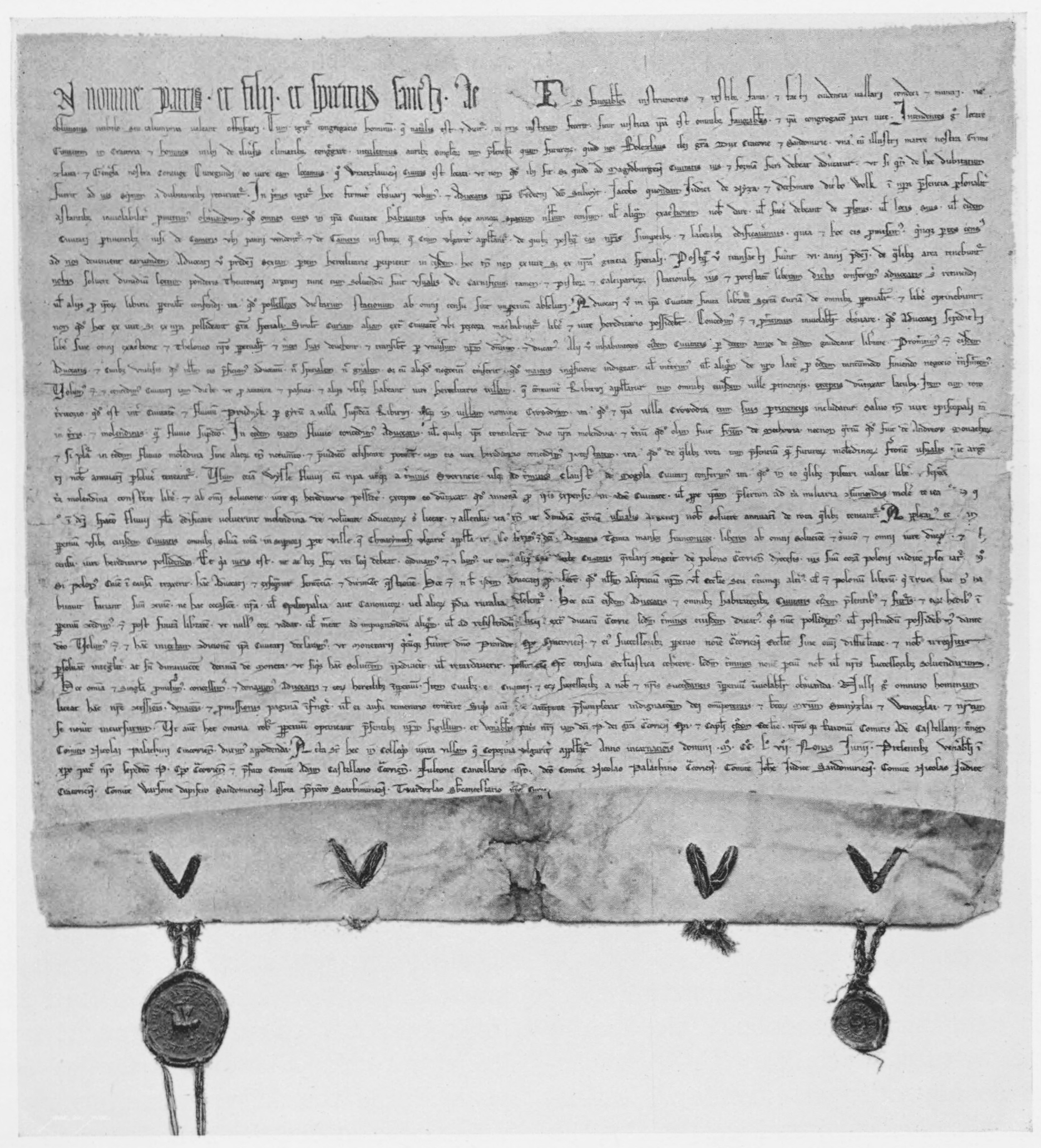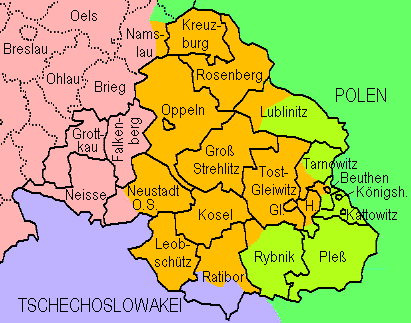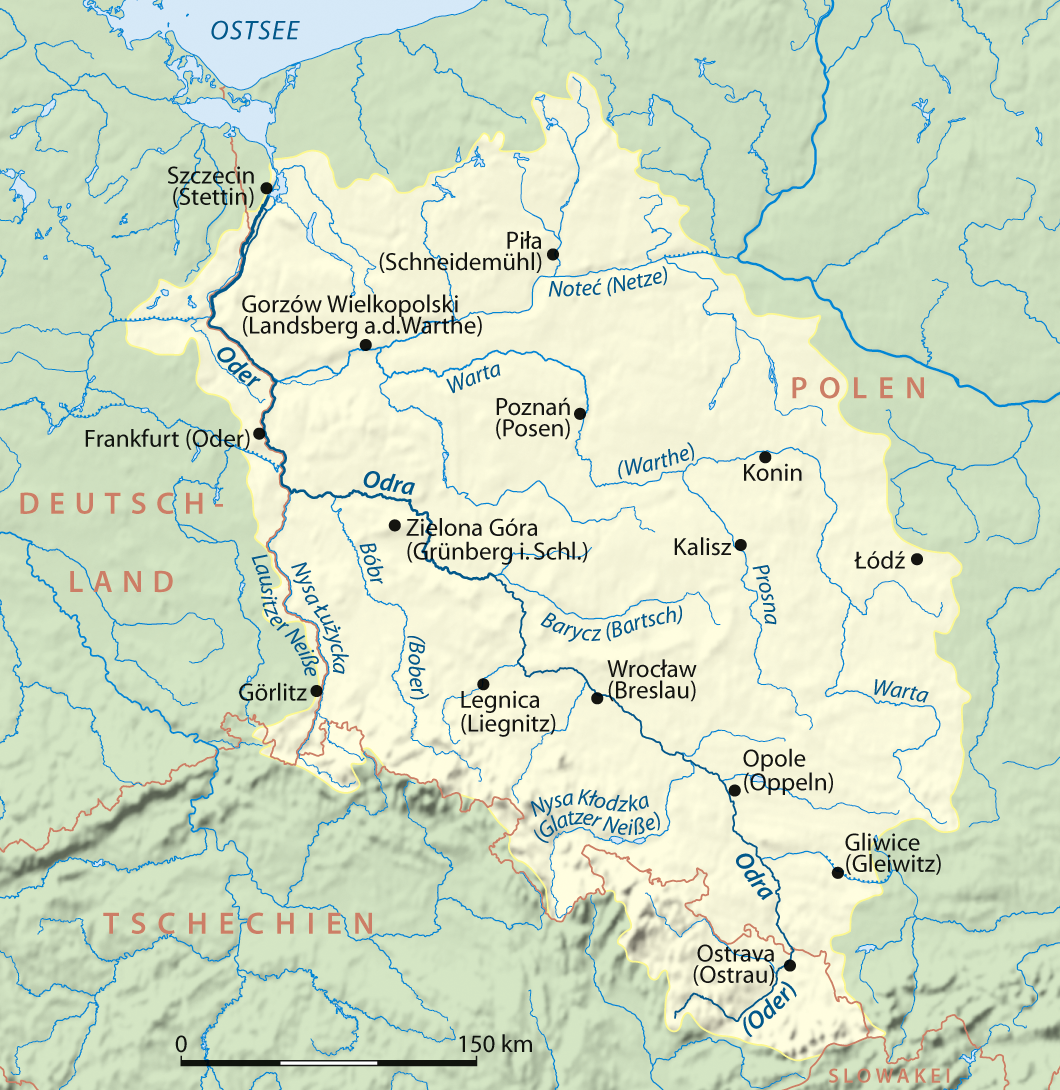|
Dobrzeń Wielki
Dobrzeń Wielki (, ) is a village in Opole County, Opole Voivodeship, in south-western Poland. It is the seat of the Gmina Dobrzeń Wielki (rural community) which has been officially bilingual in Polish and German since 2009. It is situated approximately north-west of the regional capital Opole. It is bordered by the Popielów municipality to the west; the Pokój municipality to the north, the Murów and Łubniany districts to the east, in addition to Opole city and the Dąbrowa and Lewin Brzeski municipalities to the south. Geography The climate is characteristical for that of the country, with a temperature variation slightly below average. January sees temperatures between -1 and 9 degrees Celsius, in comparison to an average of 17.8 in July. The Oder River flows from the southeast to the northwest of the district, and is the area's main watercourse. This stretch is navigable and is frequently used for water transport. The river's water levels reach their highest state from Fe ... [...More Info...] [...Related Items...] OR: [Wikipedia] [Google] [Baidu] |
List Of Sovereign States
The following is a list providing an overview of sovereign states around the world with information on their status and recognition of their sovereignty. The 205 listed states can be divided into three categories based on membership within the United Nations System: 193 member states of the United Nations, UN member states, two United Nations General Assembly observers#Current non-member observers, UN General Assembly non-member observer states, and ten other states. The ''sovereignty dispute'' column indicates states having undisputed sovereignty (188 states, of which there are 187 UN member states and one UN General Assembly non-member observer state), states having disputed sovereignty (15 states, of which there are six UN member states, one UN General Assembly non-member observer state, and eight de facto states), and states having a political status of the Cook Islands and Niue, special political status (two states, both in associated state, free association with New ... [...More Info...] [...Related Items...] OR: [Wikipedia] [Google] [Baidu] |
Magdeburg Rights
Magdeburg rights (, , ; also called Magdeburg Law) were a set of town privileges first developed by Otto I, Holy Roman Emperor (936–973) and based on the Flemish Law, which regulated the degree of internal autonomy within cities and villages granted by the local ruler. Named after the city of Magdeburg, these town charters were perhaps the most important set of Middle Ages, medieval laws in Central Europe. They became the basis for the German town laws developed during many centuries in the Holy Roman Empire. The Magdeburg rights were adopted and adapted by numerous monarchs, including the rulers of Crown of Bohemia, Bohemia, Kingdom of Hungary, Hungary, Crown of Poland, Poland, and Grand Duchy of Lithuania, Lithuania, a milestone in the urbanization of the region which prompted the development of thousands of villages and cities. Provisions Being a member of the Hanseatic League, Magdeburg was one of the most important trade cities, maintaining commerce with the Low Countries ... [...More Info...] [...Related Items...] OR: [Wikipedia] [Google] [Baidu] |
World War II
World War II or the Second World War (1 September 1939 – 2 September 1945) was a World war, global conflict between two coalitions: the Allies of World War II, Allies and the Axis powers. World War II by country, Nearly all of the world's countries participated, with many nations mobilising all resources in pursuit of total war. Tanks in World War II, Tanks and Air warfare of World War II, aircraft played major roles, enabling the strategic bombing of cities and delivery of the Atomic bombings of Hiroshima and Nagasaki, first and only nuclear weapons ever used in war. World War II is the List of wars by death toll, deadliest conflict in history, causing World War II casualties, the death of 70 to 85 million people, more than half of whom were civilians. Millions died in genocides, including the Holocaust, and by massacres, starvation, and disease. After the Allied victory, Allied-occupied Germany, Germany, Allied-occupied Austria, Austria, Occupation of Japan, Japan, a ... [...More Info...] [...Related Items...] OR: [Wikipedia] [Google] [Baidu] |
Second Polish Republic
The Second Polish Republic, at the time officially known as the Republic of Poland, was a country in Central and Eastern Europe that existed between 7 October 1918 and 6 October 1939. The state was established in the final stage of World War I. The Second Republic was taken over in 1939, after it was invaded by Nazi Germany, the Soviet Union, and the Slovak Republic, marking the beginning of the European theatre of the Second World War. The Polish government-in-exile was established in Paris and later London after the fall of France in 1940. When, after several regional conflicts, most importantly the victorious Polish-Soviet war, the borders of the state were finalized in 1922, Poland's neighbours were Czechoslovakia, Germany, the Free City of Danzig, Lithuania, Latvia, Romania, and the Soviet Union. It had access to the Baltic Sea via a short strip of coastline known as the Polish Corridor on either side of the city of Gdynia. Between March and August 1939, Poland a ... [...More Info...] [...Related Items...] OR: [Wikipedia] [Google] [Baidu] |
Weimar Republic
The Weimar Republic, officially known as the German Reich, was the German Reich, German state from 1918 to 1933, during which it was a constitutional republic for the first time in history; hence it is also referred to, and unofficially proclaimed itself, as the German Republic. The period's informal name is derived from the city of Weimar, which hosted the constituent assembly that established its government. In English, the republic was usually simply called "Germany", with "Weimar Republic" (a term introduced by Adolf Hitler in 1929) not commonly used until the 1930s. The Weimar Republic had a semi-presidential system. Toward the end of the First World War (1914–1918), Germany was exhausted and suing for peace, sued for peace in desperate circumstances. Awareness of imminent defeat sparked a German Revolution of 1918–1919, revolution, Abdication of Wilhelm II, the abdication of Kaiser Wilhelm II, the proclamation of the Weimar Republic on 9 November 1918, and formal cessa ... [...More Info...] [...Related Items...] OR: [Wikipedia] [Google] [Baidu] |
Upper Silesia Plebiscite
The Upper Silesia plebiscite was a plebiscite mandated by the Versailles Treaty and carried out on 20 March 1921 to determine ownership of the province of Upper Silesia between Weimar Germany and the Second Polish Republic. The region was ethnically mixed with both Germans and Polish people, Poles. According to prewar statistics, ethnic Poles formed 60 percent of the population. Under the previous rule by the German Empire, Poles claimed they had faced discrimination and had been effectively second-class citizens. The period of the plebiscite campaign and the Allies of World War I, Allied occupation was marked by violence. Silesian Uprisings, Three Polish uprisings occurred, and German volunteer paramilitary units came to the region. The area was policed by French, British and Italian troops and overseen by an Interallied Commission. The Allies planned a partition of the region, but a Polish insurgency took control of over half the area. The Germans responded with the Freikorps ... [...More Info...] [...Related Items...] OR: [Wikipedia] [Google] [Baidu] |
German Reich
German ''Reich'' (, from ) was the constitutional name for the German nation state that existed from 1871 to 1945. The ''Reich'' became understood as deriving its authority and sovereignty entirely from a continuing unitary German ''Volk'' ("national people"), with that authority and sovereignty being exercised at any one time over a unitary German "state territory" with variable boundaries and extent. Although commonly translated as "German Empire", the word ''Reich'' here better translates as "realm" or territorial "reach", in that the term does not in itself have monarchical connotations. The name "German ''Reich''" was officially Proclamation of the German Empire, proclaimed on 18 January 1871 at the Palace of Versailles by Otto von Bismarck and William I, German Emperor, Wilhelm I of Prussia. After the Anschluss, annexation of Austria to Germany on 12–13 March 1938, the name "Greater German ''Reich''" () began to be used along with the official name "German ''Reich''". Ac ... [...More Info...] [...Related Items...] OR: [Wikipedia] [Google] [Baidu] |
First Silesian War
The First Silesian War () was a war between Kingdom of Prussia, Prussia and Habsburg monarchy, Austria that lasted from 1740 to 1742 and resulted in Prussia's seizing most of the region of Silesia (now in south-western Poland) from Austria. The war was fought mainly in Silesia, Moravia and Bohemia (the lands of the Bohemian Crown) and formed one theatre (warfare), theatre of the wider War of the Austrian Succession. It was the first of three Silesian Wars fought between Frederick the Great's Prussia and Maria Theresa's Austria in the mid-18th century, all three of which ended in Prussian control of Silesia. No particular triggering event started the war. Prussia cited its centuries-old dynastic claims on parts of Silesia as a ''casus belli'', but ''Realpolitik'' and Geostrategy, geostrategic factors also played a role in provoking the conflict. Maria Theresa's contested succession to the Habsburg monarchy provided an opportunity for Prussia to strengthen itself relative to region ... [...More Info...] [...Related Items...] OR: [Wikipedia] [Google] [Baidu] |
Prussia
Prussia (; ; Old Prussian: ''Prūsija'') was a Germans, German state centred on the North European Plain that originated from the 1525 secularization of the Prussia (region), Prussian part of the State of the Teutonic Order. For centuries, the House of Hohenzollern ruled Prussia, expanding its size with the Prussian Army. Prussia, with its capital at Königsberg and then, when it became the Kingdom of Prussia in 1701, History of Berlin, Berlin, decisively shaped the history of Germany. Prussia formed the German Empire when it united the German states in 1871. It was ''de facto'' dissolved by 1932 Prussian coup d'état, an emergency decree transferring powers of the Prussian government to German Chancellor Franz von Papen in 1932 and ''de jure'' by Abolition of Prussia, an Allied decree in 1947. The name ''Prussia'' derives from the Old Prussians who were conquered by the Teutonic Knightsan organized Catholic medieval Military order (religious society), military order of Pru ... [...More Info...] [...Related Items...] OR: [Wikipedia] [Google] [Baidu] |
Habsburg Monarchy
The Habsburg monarchy, also known as Habsburg Empire, or Habsburg Realm (), was the collection of empires, kingdoms, duchies, counties and other polities (composite monarchy) that were ruled by the House of Habsburg. From the 18th century it is also referred to as the Austrian monarchy, the Austrian Empire () or the Danubian monarchy. The history of the Habsburg monarchy can be traced back to the election of Rudolf I of Germany, Rudolf I as King of the Romans, King of Germany in 1273 and his acquisition of the Duchy of Austria for the Habsburgs in 1282. In 1482, Maximilian I, Holy Roman Emperor, Maximilian I acquired the Habsburg Netherlands, Netherlands through marriage. Both realms passed to his grandson and successor, Charles V, Holy Roman Emperor, Charles V, who also inherited the Monarchy of Spain, Spanish throne and Spanish Empire, its colonial possessions, and thus came to rule the Habsburg empire at its greatest territorial extent. The abdication of Charles V in 1556 led ... [...More Info...] [...Related Items...] OR: [Wikipedia] [Google] [Baidu] |
Duchy Of Opole
The Duchy of Opole (; ) or Duchy of Oppeln () was one of the duchies of Silesia ruled by the branch of Polish Piast dynasty, formed during the medieval fragmentation of Poland into provincial duchies. Its capital was Opole () in Upper Silesia. States and territories disestablished in the 1200s States and territories disestablished in 1532 History Duke Bolesław III Wrymouth had restored Polish fortunes to some extent but having endured terrific internal strife, he decreed in his will (1138) that the Polish kingdom would be better divided into four hereditary principalities for each of his four sons as a kind of family federation. One became Duke of Greater Poland (around Gniezno), another Silesia, another Lesser Poland (around Kraków), another, half-heathen Masovia. The rising local magnates, dowered with estates, preferred provincial princes. But the division of loyalties among these princes brought on a long period of dynastic struggle, intrigue, and national weakness. By t ... [...More Info...] [...Related Items...] OR: [Wikipedia] [Google] [Baidu] |
Oder
The Oder ( ; Czech and ) is a river in Central Europe. It is Poland's second-longest river and third-longest within its borders after the Vistula and its largest tributary the Warta. The Oder rises in the Czech Republic and flows through western Poland, later forming of the border between Poland and Germany as part of the Oder–Neisse line. The river ultimately flows into the Szczecin Lagoon north of Szczecin and then into three branches (the Dziwna, Świna and Peene) that empty into the Bay of Pomerania of the Baltic Sea. Names The Oder is known by several names in different languages, but the modern ones are very similar: English and ; Czech, Polish, and , ; (); ; Medieval Latin: ''Od(d)era''; Renaissance Latin: ''Viadrus'' (invented in 1534). The origin of this name is said by onomastician Jürgen Udolph to come from the Illyrian word ''*Adra'' (“water vein”). Ptolemy knew the modern Oder as the Συήβος (''Suebos''; Latin ''Suevus''), a name apparen ... [...More Info...] [...Related Items...] OR: [Wikipedia] [Google] [Baidu] |





